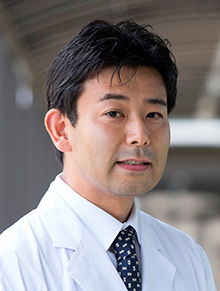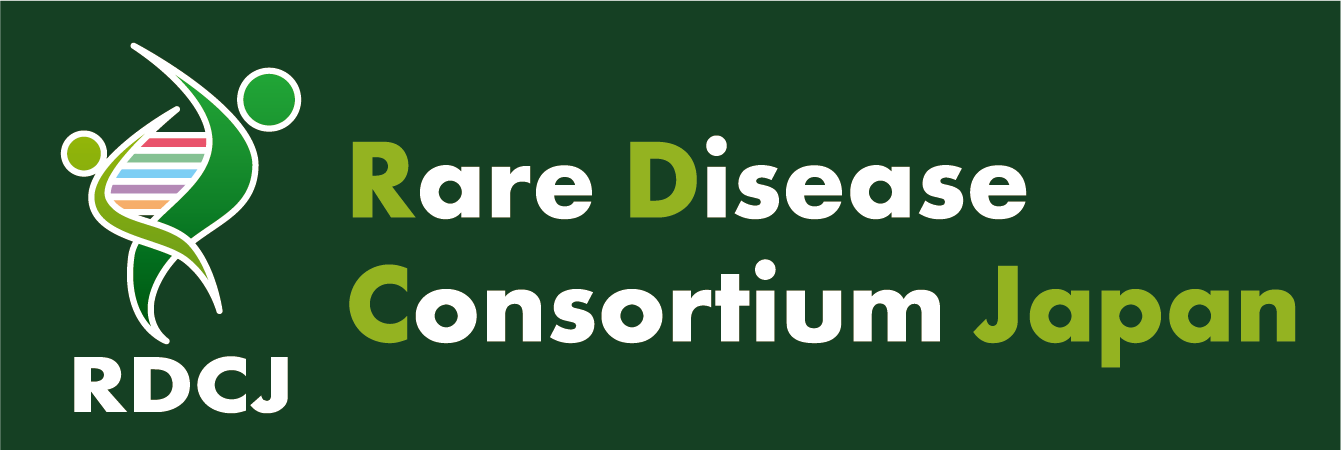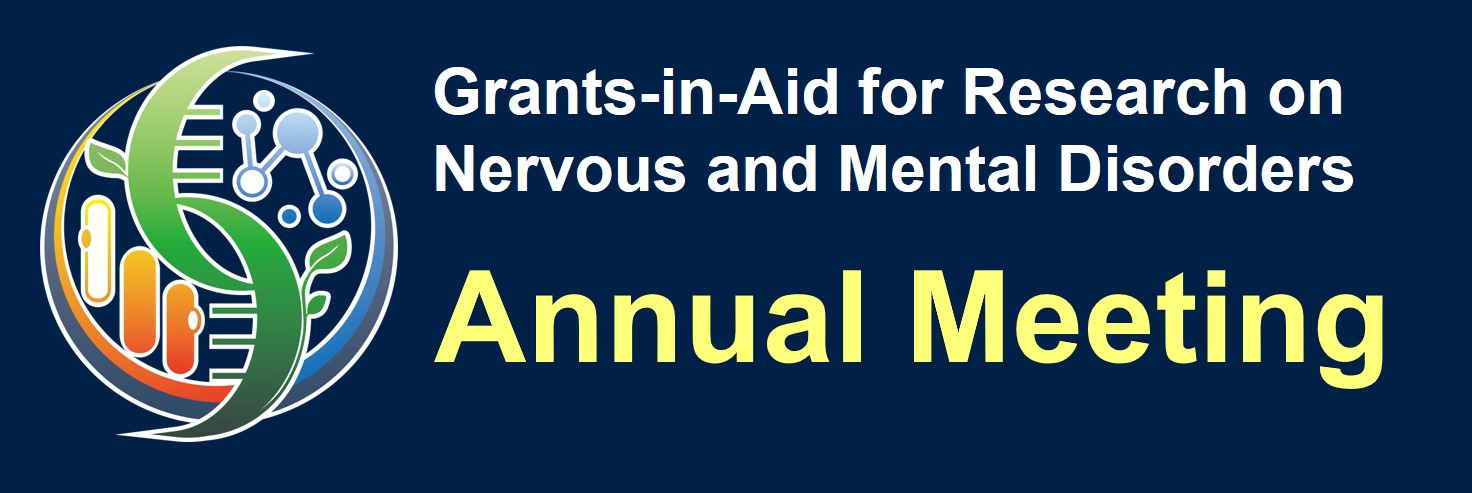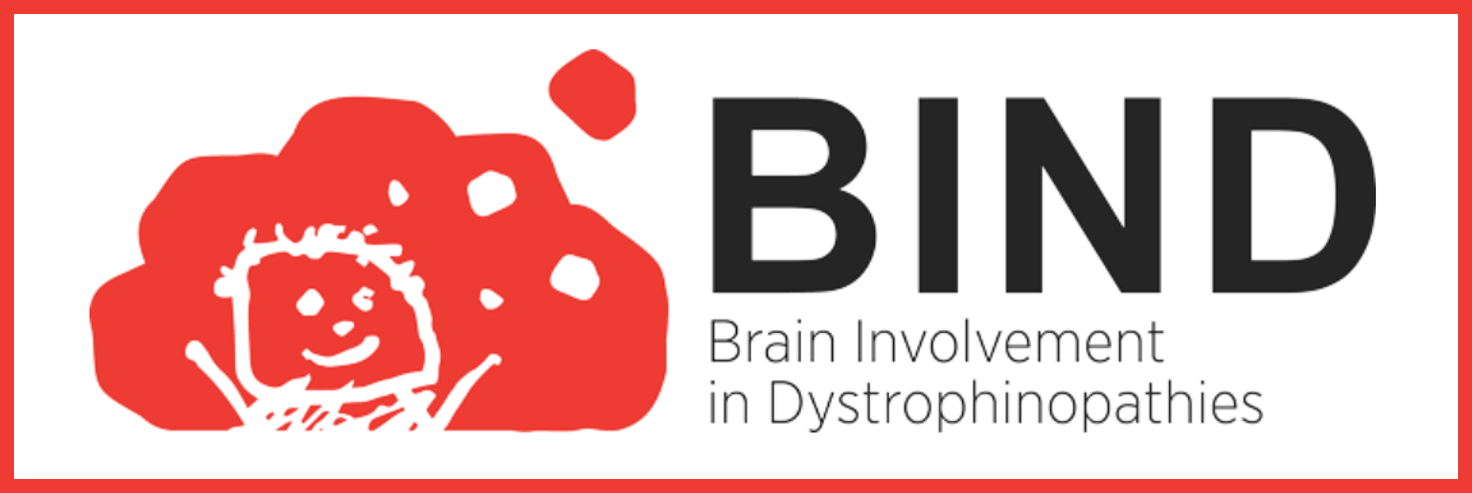
Welcome to the Department
Human genetic therapies have come of age in curing rare neuromuscular diseases. The goal of our research is a better understanding and improved treatment of fatal and currently untreatable rare neuromuscular diseases, including Duchenne muscular dystrophy (DMD). We have excellent global collaborations with the University of Alberta, University of Oxford, Karolinska Institute, Children’s National Research Institute Washington DC, University of London, Université de Versailles Saint-Quentin-en-Yvelines, University of Munich, and University of Melbourne. We welcome researchers from a wide range of backgrounds, including those in science, biology, pharmacy, medicine, and chemistry, and aim to impart state of the art training. If you are enthusiastic, we will support you in obtaining a doctoral degree from affiliated graduate schools such as Tokyo Medical and Dental University, Tokyo University of Agriculture and Technology, and Waseda University.
Research
Our department integrates molecular, pharmacologic, proteomic, and genomic methodologies to clarify the molecular mechanisms of disease pathogenesis and develop novel genetic or stem cell-based therapies for the diseases. Primarily, our research focuses on novel genetic therapies targeting messenger RNA and DNA. We also investigate RNA interference-based and genome editing therapies for several neuromuscular disorders. We have successfully shown the proof of concept of exon skipping in our unique animal models, such as canine X-linked muscular dystrophy in Japan and mdx52 mice with an exon 52 deletion of the Dmd gene. Very recently, we have successfully developed an exon 53-skipping drug (viltolarsen: NS-065/NCNP-01) in collaboration with a Japanese pharmaceutical company (conditional approval in Japan and the US FDA). Additionally, our department has drawn on research from around the world to create a picture of the current state of urine-derived stem cells and induced pluripotent stem cell (iPSC) research in this area. Furthermore, to elucidate the complex molecular mechanisms of muscular dystrophy, we are focusing on the functional analysis of intracellular calcium regulation and mechanosensing in muscle cells, entailing several promising discoveries and offering hope to patients afflicted with the potentially life-limiting condition of DMD.
History
Our department is globally well known as a leading research laboratory for DMD. Localisations of dystrophin (Nature 1988) and several dystrophin-glycoprotein complexes (Science 1995), including sarcoglycans, have been reported by a former Director of the Department of Cell Biology (Dr. Eijiro Ozawa, Director General Emeritus). In 2000, the name of department was changed to Department of Molecular Therapy, and it was led by a former Director Dr. Shin’ichi Takeda (Director General Emeritus) wherein it became the world-leading department for exon skipping studies using antisense oligonucleotides and stem cell research for DMD. Since September 2019, Department of Molecular Therapy has been led by Director Dr. Yoshitsugu Aoki. Currently, we have a broad interest in studying various types of neuromuscular diseases, including myotonic dystrophy and amyotrophic lateral sclerosis, as well as DMD.
Adjunct Professor (Faculty of Medicine), Tokyo Medical and Dental University
Visiting Professor (Faculty of Engineering), Tokyo University of Agriculture and Technology
Specially Appointed Professor (Faculty of Medicine), Shinshu University
Visiting Professor (Faculty of Science and Engineering), Waseda University
Part-time Lecturer, Kyoto University
Director, Department of Molecular TherapyYoshitsugu Aoki, MD, PhD







